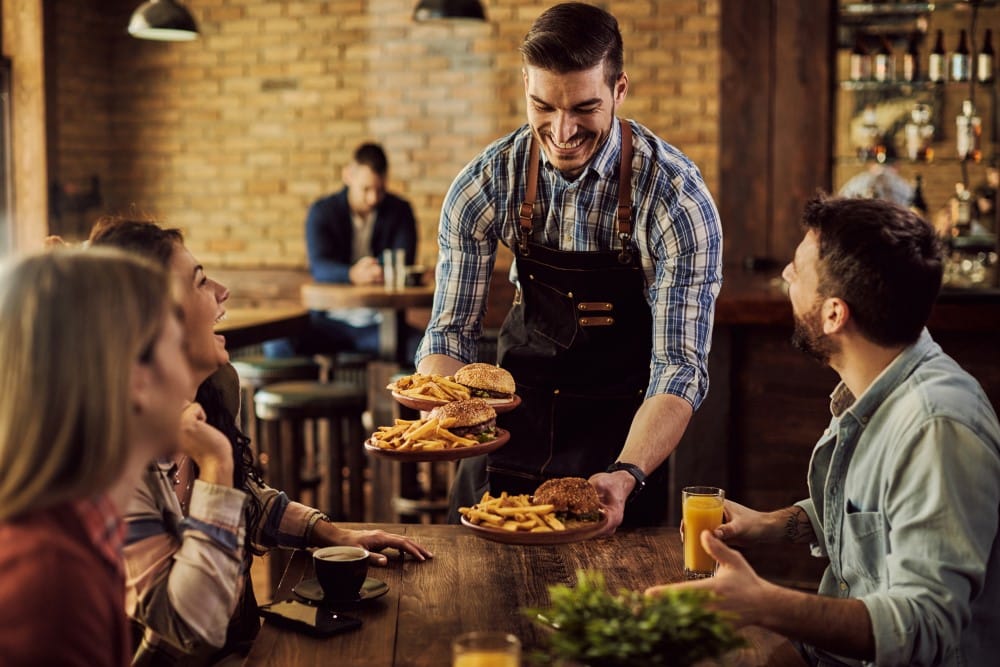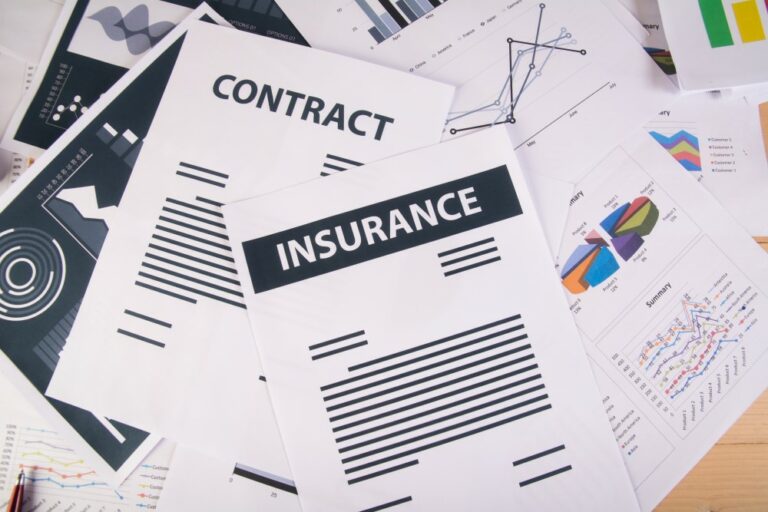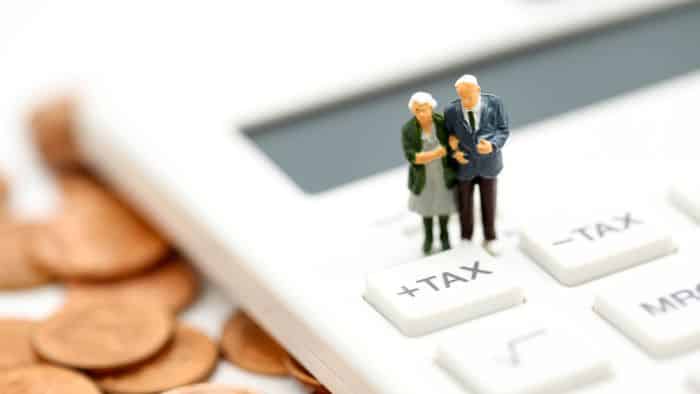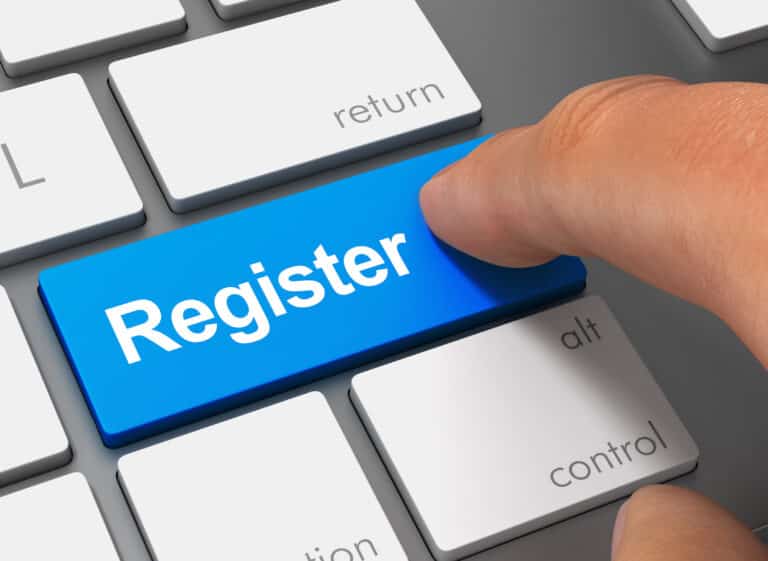Deduction of food and beverage expenses

Whether it’s a business lunch or having a drink with a client: if you incur expenses for food and drink for business purposes, you can deduct some of the cost. In this article, we cover the income tax, corporate tax and VAT tax implications.
Income tax: are food and drink expenses deductible?
If expenses for food and drink were incurred for private purposes then the expenses are not deductible.
If food and beverage expenses are incurred for business purposes then these expenses are partially deductible. There is a deduction limitation for these costs. You have 2 options:
- 80% of the costs are deductible. This is the most commonly used option.
- You add € 5,100 (amount for 2023) to the profit and may then deduct all costs. Since this threshold is high, almost no use is made of this.
Business lunch deduction
Do you have a business lunch with a client and pay €65 for it? If you add a tip of €5, the total is €70. Tipping in principle also forms part of the bill for a business lunch, and so tipping can also be included in the total amount. Tipping is considered mandatory in most countries, including the Netherlands. Therefore, tipping is by default considered part of the business expenses. If you eat in a catering establishment, you may not deduct the VAT on it, so it forms part of the costs. Of the total amount you pay, 20% will be on your account if you do not use the threshold. You may calculate 80% of the costs as business expenses, so it comes to €56. You then deduct that amount from your profit.
It is important that your dinner or lunch has a business character. Use the receipt to show that you ate and drank together. Also include the client’s name on the receipt. It helps if you have an appointment in your calendar with that client, so you can later show who you had lunch with. That way, you can show the tax authorities the business nature, so you can apply the tax benefit fairly.
Business or not?
So whether your meals are deductible depends on whether or not the meals are business-related. This is the case, for example, when dining with business associates, such as to discuss an offer.
A case before the court in The Hague involved an entrepreneur who often worked on location at the client’s premises and then temporarily rented a space nearby so that he did not have to drive up and down every day. The man also went out to dinner at these locations and charged 80% of his profits for these costs. However, the tax authorities did not accept this.
The judges agreed with the tax authorities and decided that these were expenses that were private and therefore not deductible. If the entrepreneur stayed overnight at home he would also have to eat and thus incur expenses for food and drink. That he chose to eat out when staying away from home was a personal choice. Unlike dinners with relations, there was no business interest and thus the expenses were not deductible. That the cost of eating out is higher than eating at home is otherwise irrelevant. It is a personal choice of the entrepreneur not to prepare his own food, according to the Court of Appeal. What the Court didn’t mention is how you can prepare your own food when you stay in a hotel. A hotel room doesn’t have a kitchen.
Difference with employee and director-shareholder (DGA)
According to the court, the fact that in similar situations employers are able to offer tax-free reimbursement for such meals is irrelevant. According to the court, an entrepreneur can’t be compared to an employee.
Overnight expenses deductible
According to the court, it is also irrelevant that overnight expenses are deductible. This is because they are based on a business motive and these costs would not occur if the entrepreneur worked from home.
Providing courses including lunch
An important exception applies to courses you teach, where you provide lunch for students. In that case, you may reclaim 100% of the lunch, including VAT. The course participants must be given something to eat, which, according to the Tax Office, makes it completely business-like.
Consumption during overtime
In addition to all the tax issues mentioned above, an entrepreneur can also deduct consumption during overtime in most cases for tax purposes. Overtime occurs when an entrepreneur continues to work beyond standard office hours. Usually an entrepreneur continues to work until about 5 p.m., after which it is time to go home for dinner. An entrepreneur who can’t go home for dinner and drinks between 5 p.m. and 8 p.m. may take advantage of a meal at the office where this food and drink is considered more than incidental to business. These extra costs that the entrepreneur incurs for consumption because there is no possibility of going home to eat are tax deductible. This is because the entrepreneur incurs additional expenses for business reasons and continues working after eating and drinking.
Corporate tax: are food and beverage expenses deductible?
The same rules apply to corporate tax as to income tax. The only difference is that in the income tax, you may deduct 80% of the costs. For corporate tax, it is 73.5%.
VAT: is VAT on food and drink deductible?
Whether the VAT on food and drink is deductible depends on the situation: where is the food/drink consumed and is it for personal use or for staff?
Food and drink in the hospitality industry
If food and beverages are consumed in the catering industry, the VAT is not deductible. It does not matter whether it is for personal use or for staff. Even if you hire a caterer at an external location, the VAT is not deductible.
Food and drink for personal use
VAT on food and beverages for the entrepreneur’s own use is not deductible. Think of food at the supermarket. These are private expenses.
Food and drink for staff
VAT on food and drinks for staff (such as canteen costs) is deductible up to a certain amount. Note that in principle, this is only deductible if it is consumed on company premises. There are a few exceptions, which are infrequent.
The VAT is deductible as long as there is no so-called “favoritism”. This means that VAT on a maximum of €227 per employee is deductible.
How much VAT on canteen expenses is deductible is calculated as follows:
- Total cost of food/drink per year excl. VAT
- Here you add 25% (storage costs)
- From this you subtract the possible turnover of the company canteen (if you do not charge your employees, this is 0).
- Divide the remaining amount by the number of employees. This is the benefit per employee.
Benefit is lower than € 227 per employee
If the benefit is less than € 227 per employee, add any other employee benefits. Think of a Christmas package, business seats or a staff party (unless it is through a staff association). If the total remains under €227 per employee, then the full VAT is deductible. If the total is higher than € 227 per employee, then you calculate per employee how many costs are deductible.
Benefit is higher than € 227 per employee
If the favoritism is higher than € 227 per employee, the full VAT on the food/drink is not deductible.






